What the Role Entails
As a SUP Instructor Tutor you will be supporting paddleboarders to take their first steps on their coaching pathway.
You will develop their safety and instructor skills and provide them with their own clear development plan.
You will give them the skills required to run fun and enjoyable starter and taster sessions for those new to the sport.
How do I become a SUP Instructor Tutor?
We recruit SUP Instructor Tutors each April.
When applications open, you will then have 4 weeks to submit your application applications must be received no later than noon on the closing date.
Applicants need to provide references, so please think carefully about who these will be and talk to them before submitting your application.
If successful you will need to book on to an Orientation. Orientations are 2 days face to face and include pre work which will be completed online, you must complete the pre work before attend the face to face orientation. During the Orientation you will be working alongside other aspirant providers and a National Trainer.
Being a successful Tutor will involve
- Being great at coaching rescue skills on a variety of paddleboards
- Having experience of the demands of taster/starter sessions
- Being able to deliver Personal Performance Awards
- Once qualified, supporting aspirant Tutors to progress with their action plans
Maintaining your SUP Instructor Tutor Role
As a SUP Instructor Tutor you will be expected to agree and follow the Provider Service Agreement. You will also need to meet the Update Scheme requirements. This includes up to date British Canoeing membership, First Aid and Safeguarding qualifications. As well as completing some form of continuous personal development every three years.
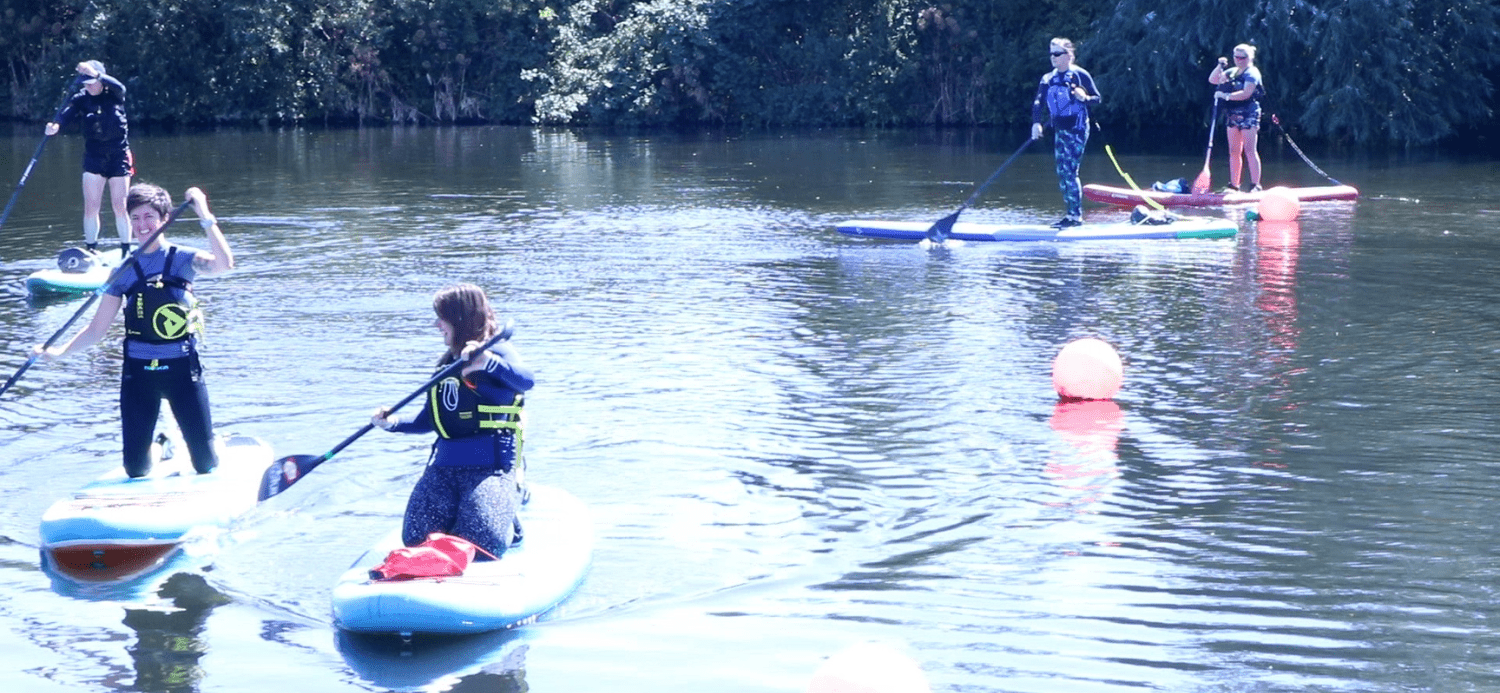
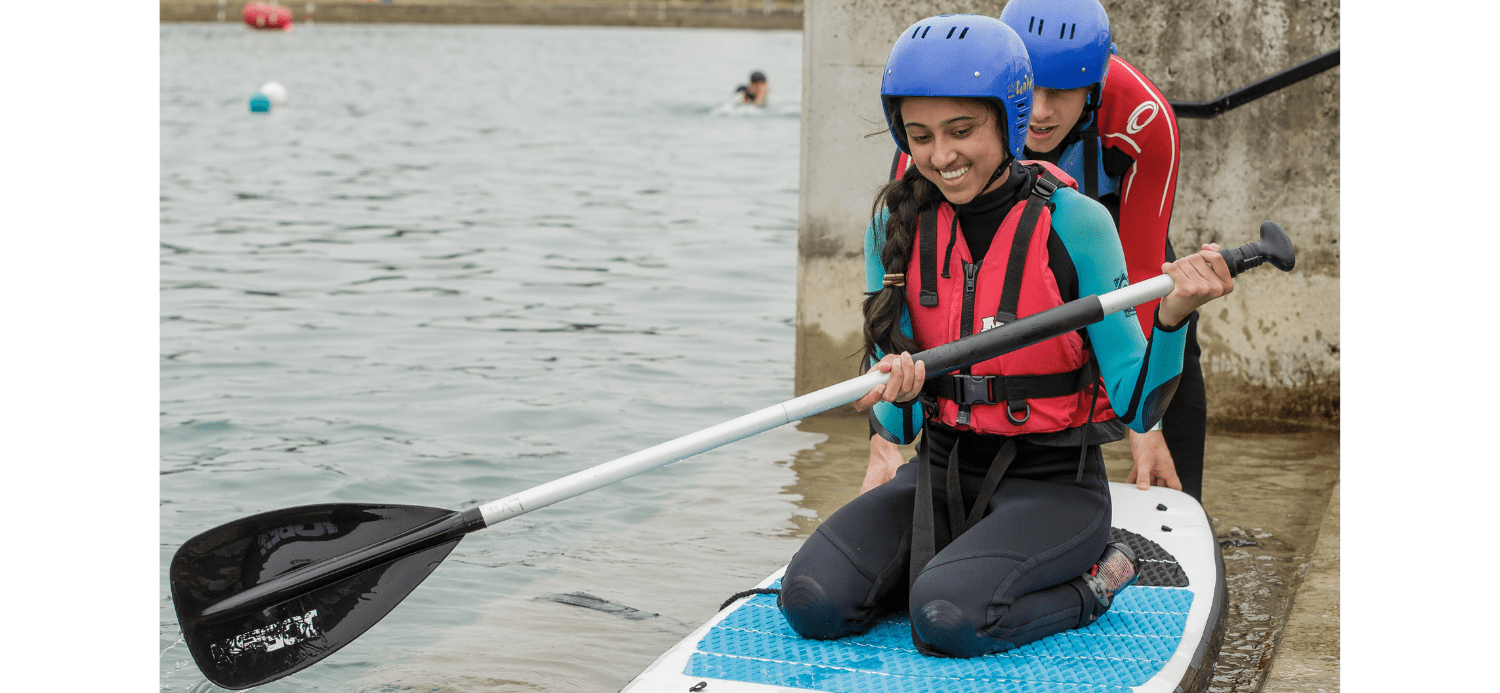
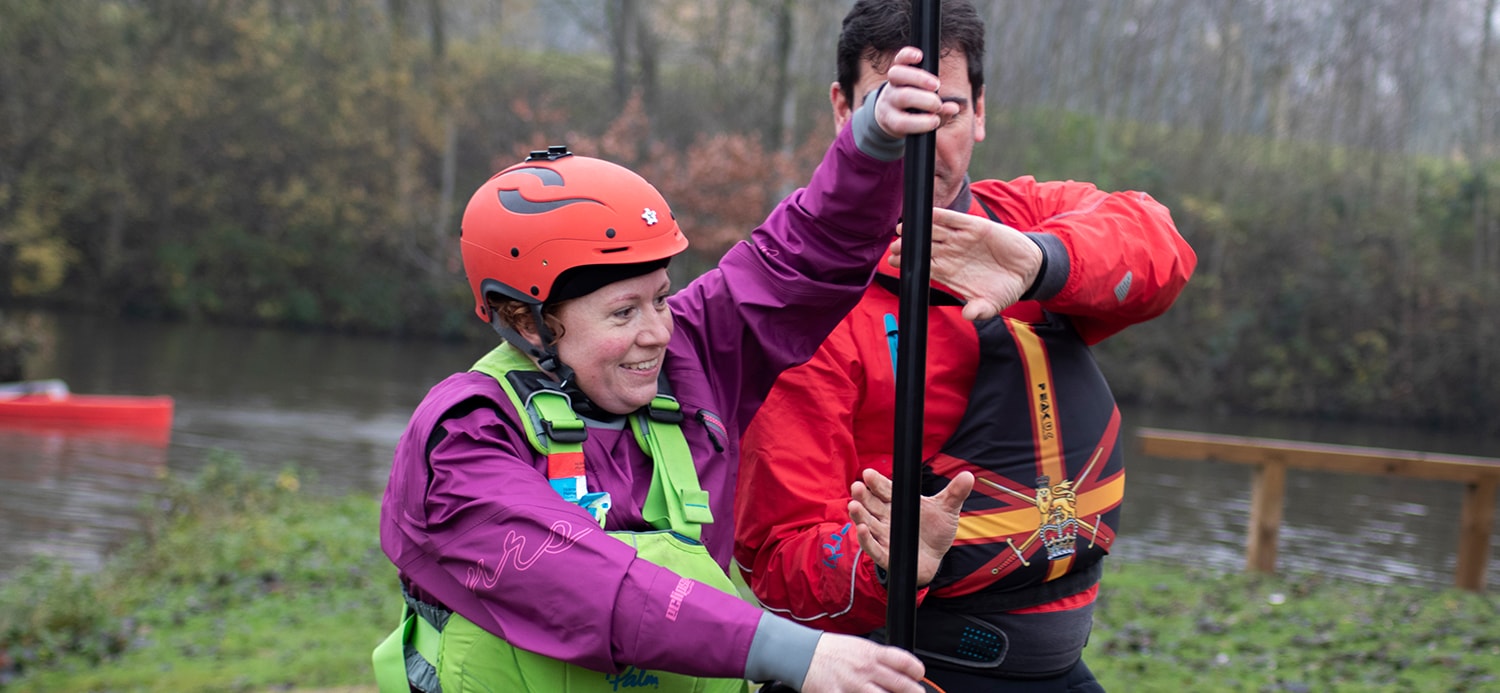
You will also be subject to internal verification and quality assurance checks on your courses and your course paperwork.
Every year, there will be an expectation for you to attend a standardisation session and every 3 years, you will attend a community learning event. These events provide great opportunities to share best practice, standardise assessment practice and discuss any new developments within the award.
Specific Guidance Regarding Syllabus Understanding
The SUP Instructor course is practical and predominately aimed at developing instructors who will use games with aims and simple concepts to introduce people of all ages to our great sport.
It is important that you, as a Tutor, understand the core theories that underpin the syllabus. Being able to bring them to life and explain them in simple terms is essential.
This includes:
- Experiential learning and the Learning Cycle (Kolb); plan-do-review-conclude
- Modified constraints based practice
- Motivational climate
- Achievement Goal Theory
- Learner Decision Making; Game Sense and Coaching styles (Mosston and Ashworth, 2002)
- Transformational Leadership (vision, support and challenge)
- Structuring learning (e.g. IDEAS)
- Different Sensory Channels
- Reflective practice (Gilbert and Trudel)
- Communities of Practice (Lave and Wenger)
Minimum Requirements
To become a SUP Instructor Tutor you must meet the following requirements
| Requirement | Essential | Desirable |
|---|---|---|
| Education, training and qualifications | A Stand Up Paddleboard Coaching Qualification appropriate to the role, Minimum BCAB (Level 3) SUP Sheltered Water Coach Paddle Award Provider (Start, Discover, Safer) | BCAB SUP Safer Provider BCAB Performance Coach |
| Experience | Recent and current experience that demonstrates your understanding of the demands of running taster/starter sessions. That you are able to coach, lead and have appropriate personal skills and rescue skills. |
Tutoring and/or Assessing experience. Extensive experience working with a wide range of relevant user groups, in the relevant environment for the award. Experience of working with an Awarding Body or within a related organisation. |
| Skills and knowledge | Detailed knowledge and understanding of the award syllabus and the role and skills of the Tutor. | Understands and is able to select suitable development mechanisms to provide support |
| Commitment | Evidence of commitment to personal, professional development and to the development of others through mentoring and support | |
| Tutoring and Assessing Qualifications | A nationally recognised Tutoring Qualification that aligns to the relevant National Occupational Standards for Learning and Development (standards 1 to 8); and a nationally recognised Assessing Qualification that aligns to the relevant National Occupational Standards for Learning and Development (standard 9) or be willing to commit to gaining within 18 months of orientation) |
The following list of qualifications is not exhaustive, applicants who hold other qualifications for teaching/tutoring/assessing should list these in their application and they can be considered on an individual basis.
Examples of Relevant Tutoring Qualifications:- Qualified Teacher Status
- Level 3 Award in Preparing to Teach in the Lifelong Learning Sector (QCF)
- Sports Education Tutoring PDA (SCQF)
- Level 3 Award in Delivering Learning (QCF)
- Level 3 Award in Education and Training
- BCAB Tutoring in a Paddlesport Environment (expected Spring 2023)
- British Canoeing Awarding Body Assessor Training
- Qualified Teacher Status
- Level 3 Award in Assessing Vocational Related Achievement (QCF)
- Level 3 Award in Assessing Vocational Achievement (QCF)
- Level 3 Award in Assessing Competence in the Work Environment (QCF)
- Conduct the Assessment Process PDA (SCQF, L&D9)
- Assess Workplace Competence Using Direct Methods (SCQF, L&D9D)
- Assess Workplace Competence Using Direct and Indirect Methods (SCQF,L&D9DI)
- NVQ A1 Assessor Award
- NVQ D32/D33 Assessor Award
Values and Attitudes
Interpersonal:Has strong interpersonal skills, the ability to operate as a team player and excellent customer care skills.
Communication:Is able to communicate effectively with a wide range of people. Is skilled in communicating through various media, has excellent presentation and report-writing skills. Is competent in the language used for assessment.
Integrity:Is fair and equitable, ethical and honest. Treats people with respect, is candid, and protects confidential information. Adheres to Paddles Up Training policies and demonstrates loyalty to Paddles Up Training and the team. Supports equality of opportunity.
Problem Solving: Is a clear thinker, able to approach tasks in a systematic and logical manner. Has excellent problem solving and analytical skills.
Open Mindedness: Is able and willing to take and offer advice. Is willing to learn, develop and grow.
Experience: Has significant and current experience delivering Safety.
Competence: Has competence in the subject matter of the qualification, and in personal paddling and safety skills.
Judgement: Has the ability to make accurate judgements about the standard of candidates’ training and assessing skills.
Knowledge and Understanding: Has sound and current knowledge and understanding in all aspects of the relevant syllabi and all that is involved in delivering the Safety training and assessment.
Commitment: Is committed to continued professional development to maintain the standards required of the role, including:
- the maintenance of Update Scheme requirements remaining active in the relevant disciplines/environment,
- remaining up-to-date with current best practice in all aspects of the relevant syllabus,
- being able to demonstrate personal paddling/safety competence in the relevant discipline/environment,
- taking part in informal/formal activities that will help ensure their own interpretation of safety standards and requirements is at the correct level.
Further Instructions
Application Process
Applications open in April each year. An 'apply now' button will appear on all open roles. Please read the instructions on the application for application deadlines and offline options.
Orientations will be agreed with successful applicants and will be face to face. Whilst applications will only be accepted in April, events will be advertised year round, allowing you to "save the date". The orientation fees for the current year are in the fees policy here.
Development options
The following suggestions are activities that you can undertake at any point in the development process. However, if considered before or concurrently with the application/ orientation, your application/ orientation outcomes are likely to be better.
Understanding the pathway to becoming a Tutor
- Mentor – who can help me? Who has recently become a Tutor who understands the journey?
- Read – The ‘Minimum Requirements’ and the ‘Further Instructions’ and ensure you understand the process and standards.
Planning and organising a course
- Read - the most up to date Syllabus and Training notes, comparing them to when you undertook your training, what is different? What has changed?
- Observe – do you have access to local Tutors you can go and watch? Can you see more than one Tutor run a course? How do courses change when they are run in different places?
- Watch – any related videos on the British Canoeing Awarding Body Youtube channel?
What makes a good venue?
- Consider – where will you run your courses, how will you ensure you have all of the equipment to run a course? How will your courses be different depending on different candidates? Time of year? Temperature? How do we ensure we have the right kit to remain productive during a long cold day on/ in the water?
- Consider – where do you learn best? What locations have worked well in your experience? What locations have not worked and why?
Developing my personal skills and understanding
- Get involved – do I have access to groups that would enjoy learning different rescue techniques? Can I co deliver any courses?
- Get some personal coaching – who can help you develop your skills? Could you do a PPA or discipline specific training in SUP, Race etc. to develop understanding? Who do you know who would be willing to come out and practice with you?
Understanding PUT Policies and Procedures
- Read – the policies and procedure that effect your course.
- Discuss – different scenarios with your mentor or a National Association Trainer.
- Watch – how to videos for subjects like course authorisation and certification.
Booking Now
What the Role Entails
As a SUP Instructor Tutor you will be supporting paddleboarders to take their first steps on their coaching pathway.
You will develop their safety and instructor skills and provide them with their own clear development plan.
You will give them the skills required to run fun and enjoyable starter and taster sessions for those new to the sport.
How do I become a SUP Instructor Tutor?
We recruit SUP Instructor Tutors each April.
When applications open, you will then have 4 weeks to submit your application applications must be received no later than noon on the closing date.
Applicants need to provide references, so please think carefully about who these will be and talk to them before submitting your application.
If successful you will need to book on to an Orientation. Orientations are 2 days face to face and include pre work which will be completed online, you must complete the pre work before attend the face to face orientation. During the Orientation you will be working alongside other aspirant providers and a National Trainer.
Being a successful Tutor will involve
- Being great at coaching rescue skills on a variety of paddleboards
- Having experience of the demands of taster/starter sessions
- Being able to deliver Personal Performance Awards
- Once qualified, supporting aspirant Tutors to progress with their action plans
Maintaining your SUP Instructor Tutor Role
As a SUP Instructor Tutor you will be expected to agree and follow the Provider Service Agreement. You will also need to meet the Update Scheme requirements. This includes up to date British Canoeing membership, First Aid and Safeguarding qualifications. As well as completing some form of continuous personal development every three years.



You will also be subject to internal verification and quality assurance checks on your courses and your course paperwork.
Every year, there will be an expectation for you to attend a standardisation session and every 3 years, you will attend a community learning event. These events provide great opportunities to share best practice, standardise assessment practice and discuss any new developments within the award.
Specific Guidance Regarding Syllabus Understanding
The SUP Instructor course is practical and predominately aimed at developing instructors who will use games with aims and simple concepts to introduce people of all ages to our great sport.
It is important that you, as a Tutor, understand the core theories that underpin the syllabus. Being able to bring them to life and explain them in simple terms is essential.
This includes:
- Experiential learning and the Learning Cycle (Kolb); plan-do-review-conclude
- Modified constraints based practice
- Motivational climate
- Achievement Goal Theory
- Learner Decision Making; Game Sense and Coaching styles (Mosston and Ashworth, 2002)
- Transformational Leadership (vision, support and challenge)
- Structuring learning (e.g. IDEAS)
- Different Sensory Channels
- Reflective practice (Gilbert and Trudel)
- Communities of Practice (Lave and Wenger)
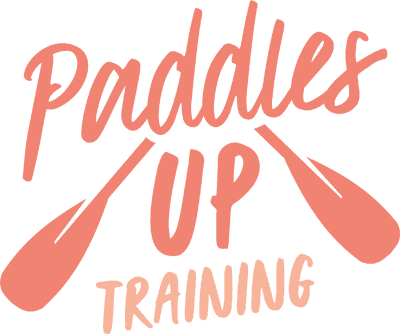
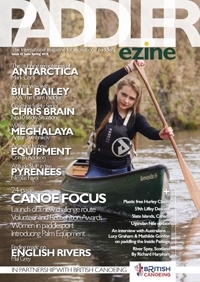
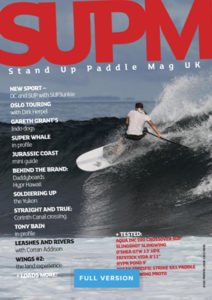
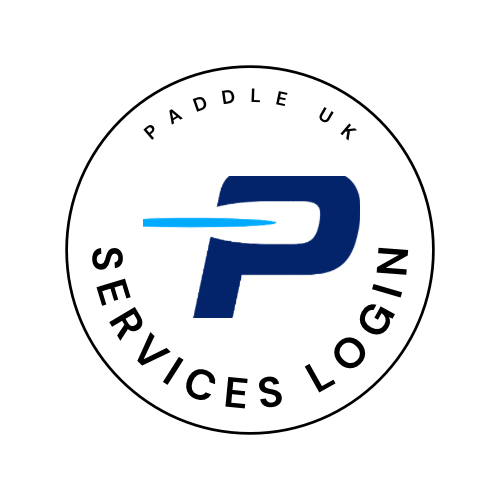
 Go Paddling
Go Paddling Clear Access Clear Waters
Clear Access Clear Waters Paddles Up Training
Paddles Up Training Clubhouse
Clubhouse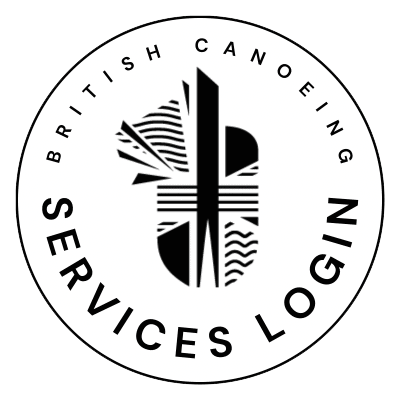 BCSL SSO
BCSL SSO